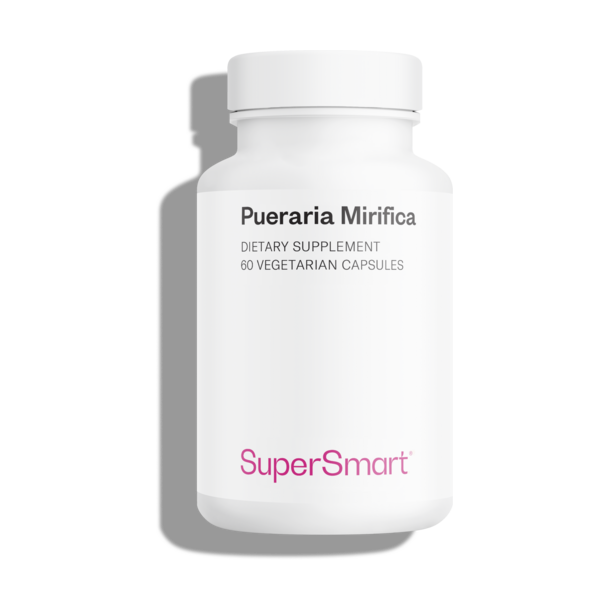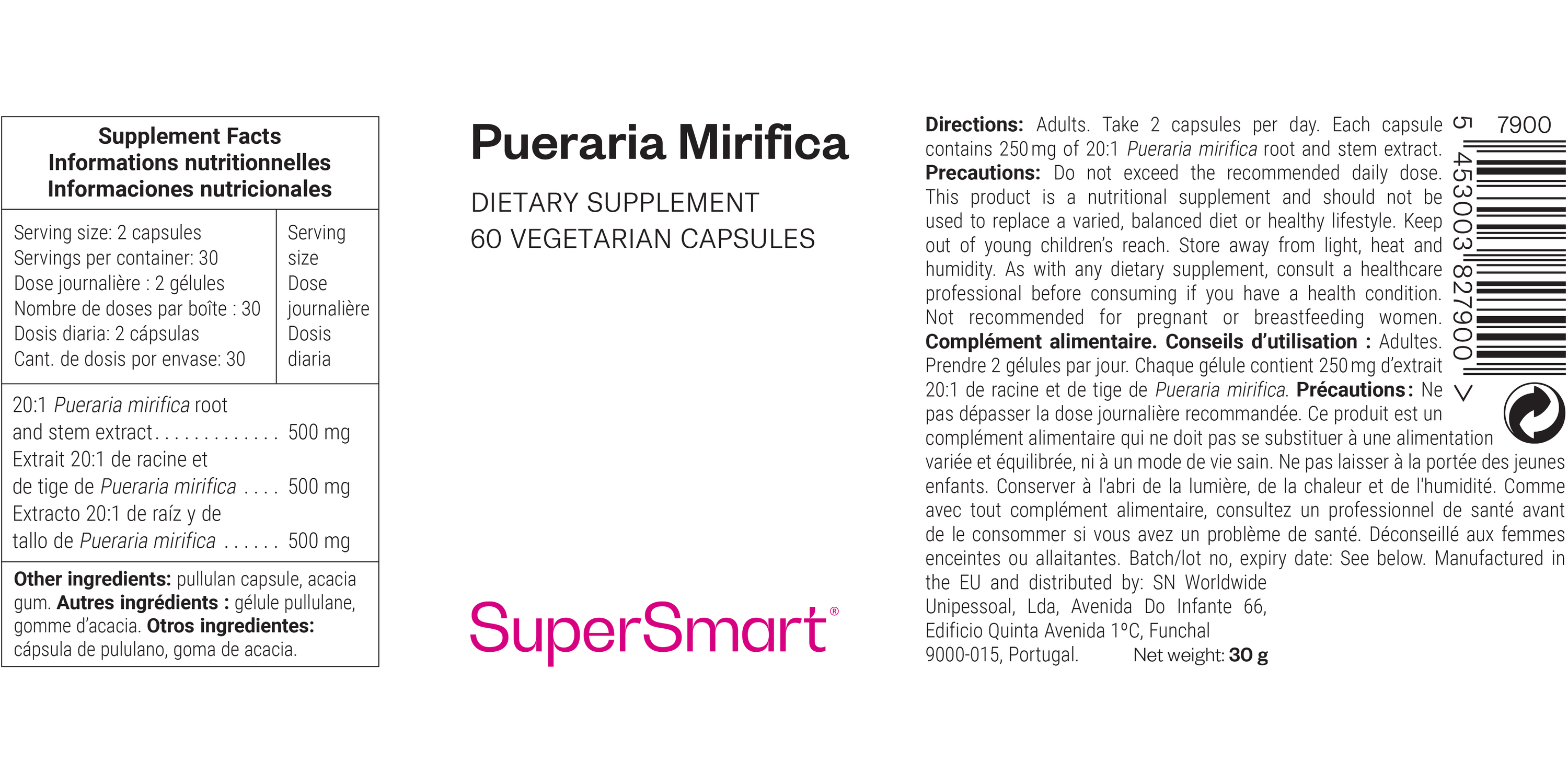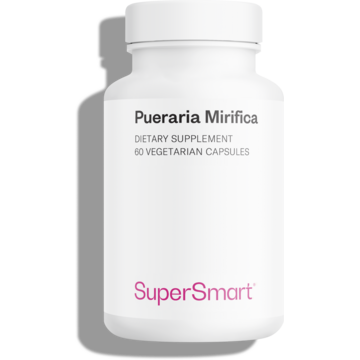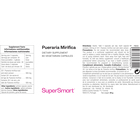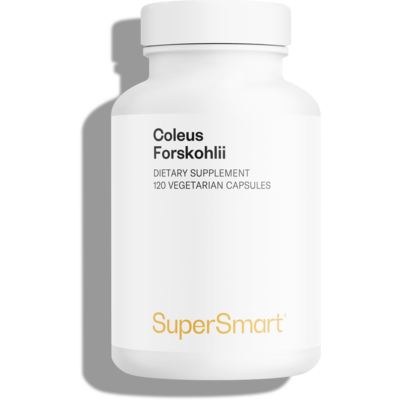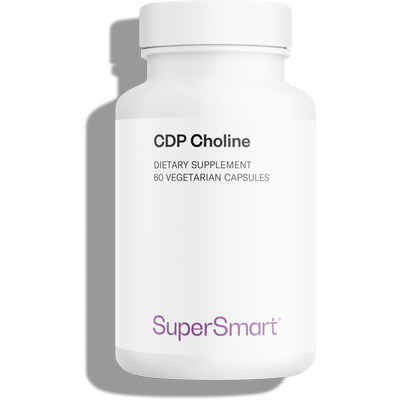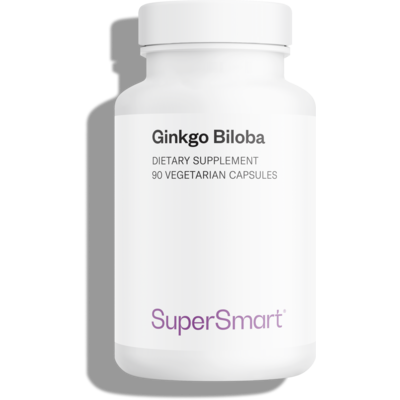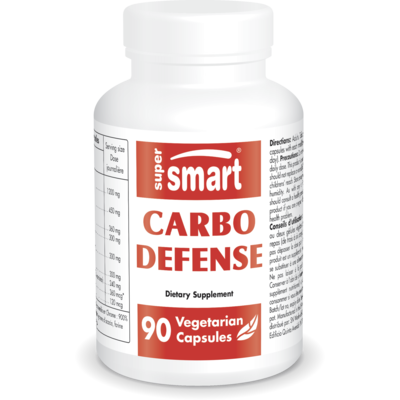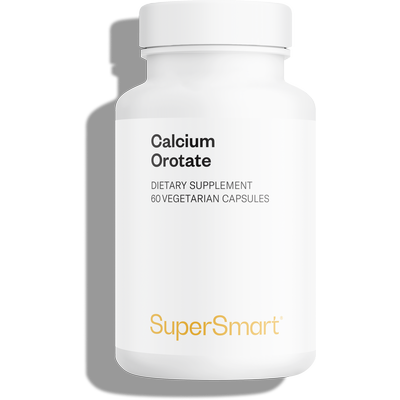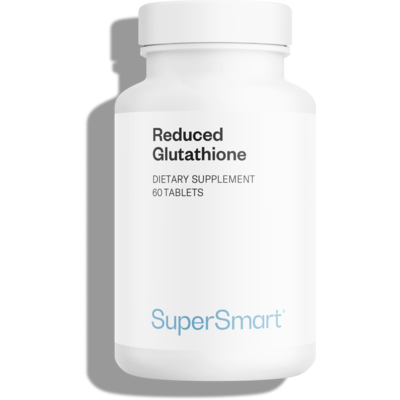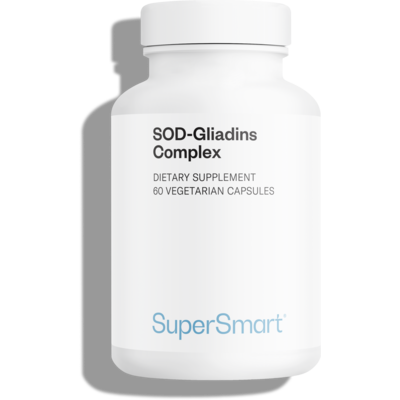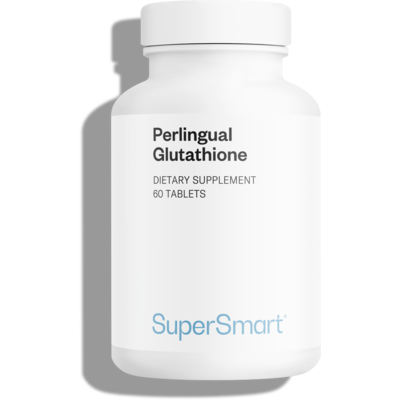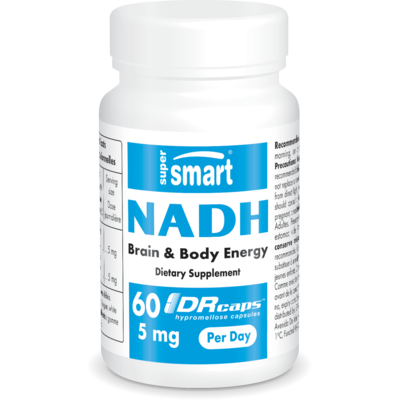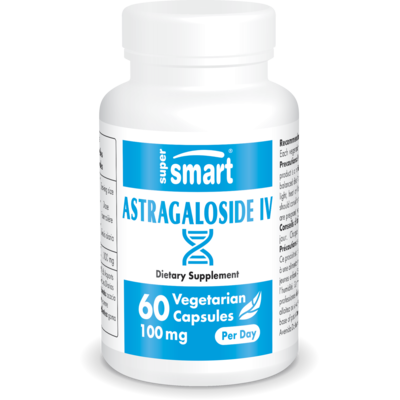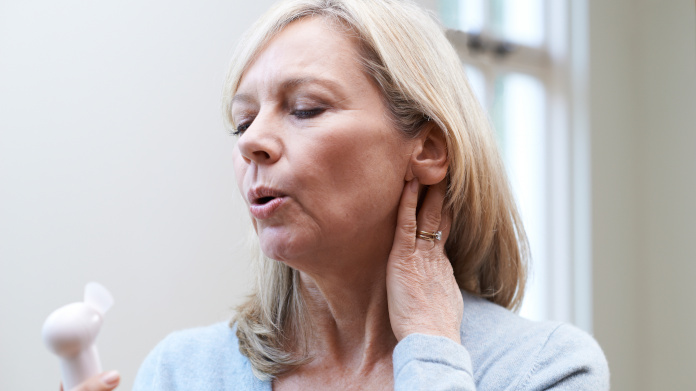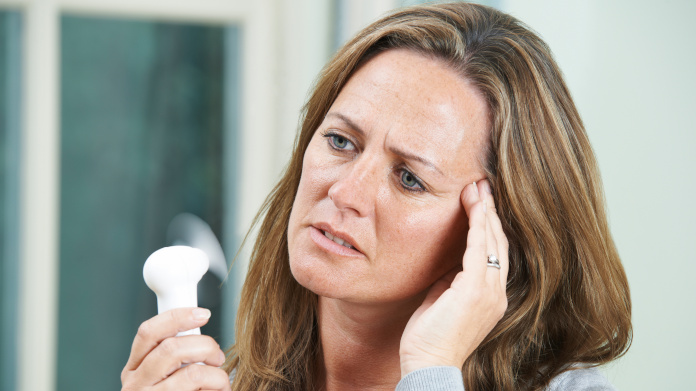
Pueraria Mirifica
Pueraria Mirifica Supplement to Help Support Menopausal Comfort *
Create Your Offer
Pueraria mirifica is a dietary supplement derived from the root of the plant of the same name. It naturally contains plant compounds (phytoestrogens) that are being studied for their potential to support women’s wellness as part of a balanced lifestyle.*
Where Can You Buy Pueraria Mirifica?
You can purchase Pueraria mirifica directly on this page from our official shop, with fast US shipping and an optional Subscribe & Save plan to simplify reorders. Pricing and promotions may vary by order.
What is Pueraria Mirifica?
Also known as “kwao krua,” Pueraria mirifica is native to Thailand. It provides several classes of naturally occurring phytoestrogens—such as isoflavones, coumestans, and chromenes—that are structurally similar to compounds found in the body. These constituents are of interest for their potential to support general well-being across different life stages.*
The composition of Pueraria mirifica includes multiple phytoestrogen subtypes (for example, isoflavones and chromenes), which are often explored for their roles in overall wellness.*
Note: Pueraria mirifica should not be confused with kudzu (Pueraria hirsuta), a different plant with distinct characteristics and traditional uses. You can buy Pueraria mirifica online at SuperSmart.
Potential Areas of Support*
Pueraria mirifica has been traditionally used in its region of origin and is being examined in modern research for its potential to support:
- Women’s wellness during midlife transitions and beyond;*
- Overall comfort and a sense of balance as part of daily routines;*
- General skin and hair appearance as part of healthy lifestyle practices.*
How It Fits Into a Wellness Routine*
As with many botanicals, Pueraria mirifica may be used alongside nutritious eating, regular movement, and good sleep habits. Its naturally occurring phytoestrogens are of interest for their potential to complement everyday self-care practices focused on comfort and well-being.*
FAQ
Where can I buy Pueraria mirifica online?
You can order directly from this product page. US shipping options are available, and a subscription can make reorders effortless; pricing and promotions may vary by order.
What is Pueraria mirifica used for?
It’s a plant-based ingredient often included in wellness routines. Our supplement is designed for everyday use alongside a balanced lifestyle.*
General Considerations & Use
If you’re new to this ingredient, start with the suggested use on the label and consider discussing your routine with a qualified healthcare provider, especially if you have questions about timing or how it fits with other supplements.*
Important Safety Information
Before adding Pueraria mirifica to your routine, it’s a good idea to consult a healthcare professional, particularly if you are managing a health condition or taking medications.*
Because Pueraria mirifica contains naturally occurring phytoestrogens, it may not be appropriate for everyone. If you are pregnant, breastfeeding, have a hormone-sensitive condition, or have been advised to avoid phytoestrogens, speak with your healthcare provider before use.*
If you notice any unexpected effects after starting supplementation, consider pausing use and consulting your provider. Always follow the suggested use instructions on the label unless directed otherwise by a healthcare professional.*
WARNINGS
Do not exceed the recommended daily dose. This product is a nutritional supplement and should not be used as a substitute for a varied and balanced diet or a healthy lifestyle.
STORAGE
Store in a cool, dry place away from direct sunlight, heat, and humidity. Keep out of reach of children.
PREGNANCY AND MEDICAL CONDITIONS
If you are pregnant, breastfeeding, or have any medical conditions, consult your healthcare provider before using this product.
SUPPLEMENT INTERACTIONS
Consult your healthcare provider before use, especially if you are taking any medications or other supplements as there may be potential interactions.
Need Help?
Phone Number
+1 (786) 522-3907
From 9 am to 6 pm (EST)
Email Address
You May Also Like

